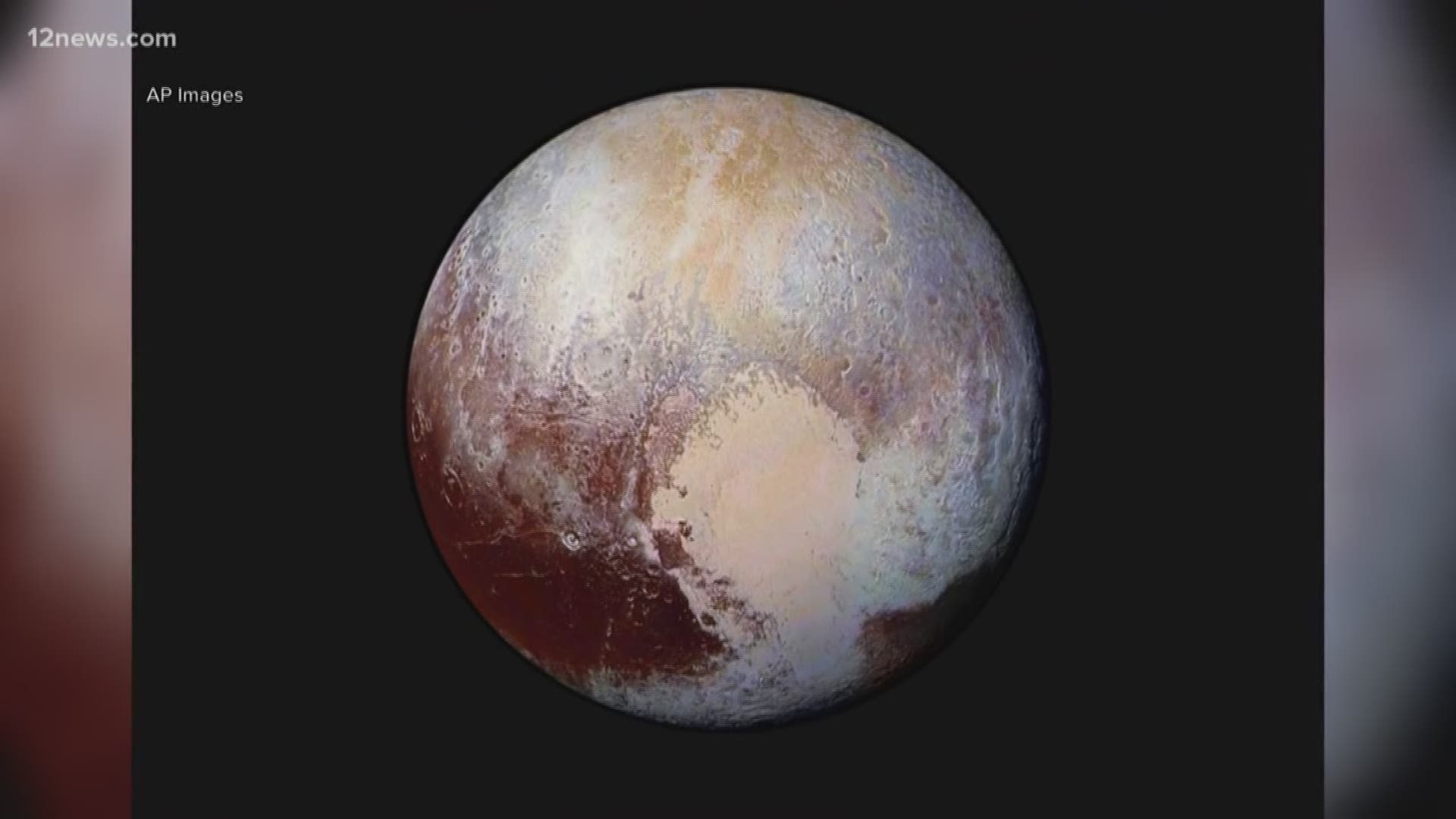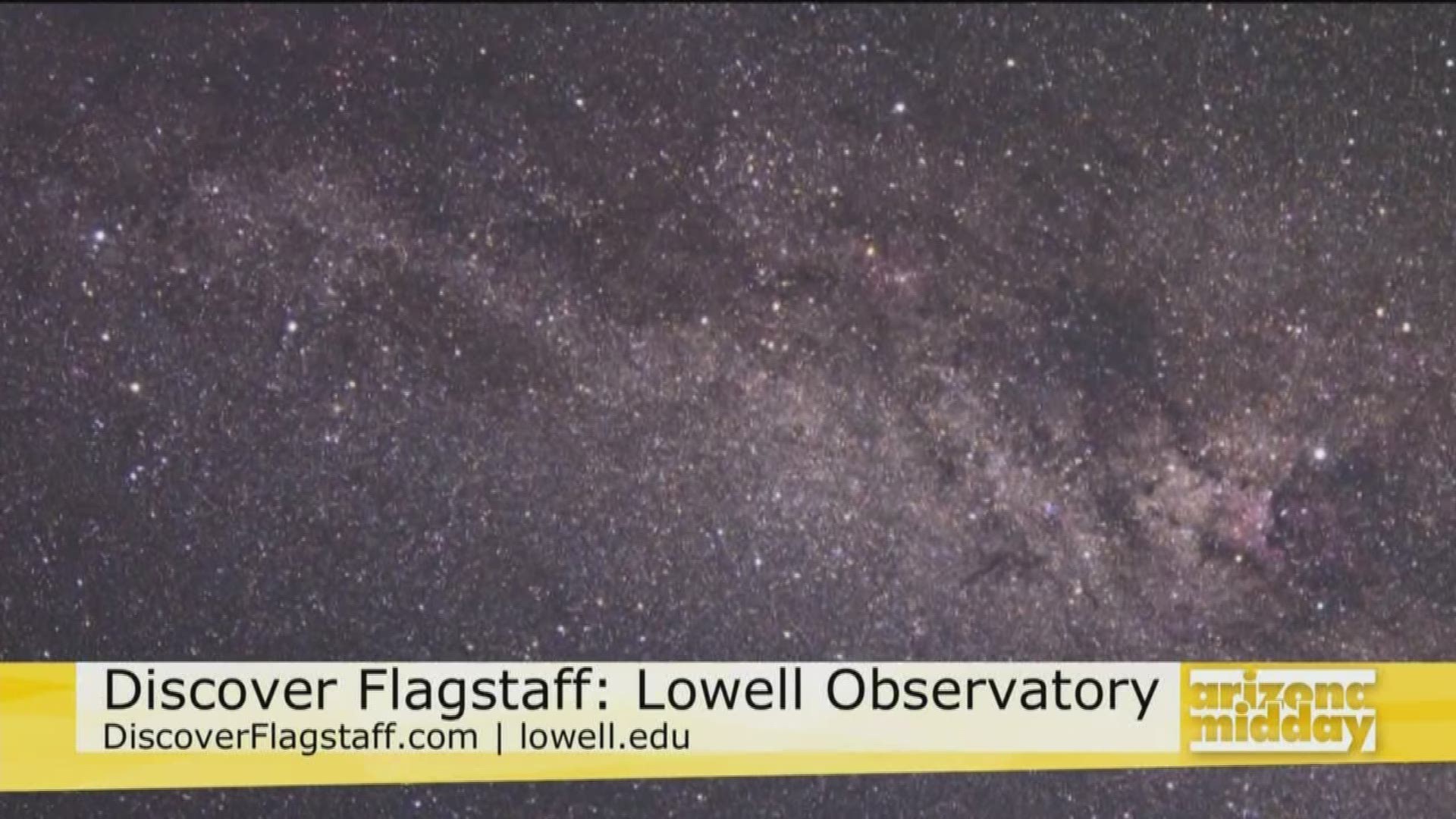FLAGSTAFF, Ariz. — What was once considered the ninth planet in our solar system – but has since been reclassified as a dwarf planet – was discovered 90 years ago on Tuesday.
The discovery was made right here in Arizona, at the Lowell Observatory in Flagstaff.
The observatory's namesake, Percival Lowell, devoted years of his life to the search for Planet X, a planet beyond Neptune.
Though Lowell died in 1916, the search would continue, led by a 23-year-old farmer from Kansas.
Thanks to a hailstorm ruining his family's crops, Clyde Tombaugh never made it to college before he started building his own telescopes.
In 1929, he sent detailed drawings of his observations of Jupiter and Mars to astronomers at Lowell Observatory, hoping to get their comments and suggestions.
They were so impressed, they offered Tombaugh a job instead.
Lowell's new junior astronomer began photographing a small piece of the night sky at a time to look for moving objects that might be Planet X.
"If he hadn't discovered pluto in 1930, it's likely unlikely anybody would have until the 1980s or '90s," said Kevin Schindler, a science writer and historian at Lowell Observatory. "Nobody would do this kind of search in their right mind; it was so painstaking. But he was the right guy for the right job."
Ten months later, on Feb. 18, 1930, Tombaugh found an object he called Pluto.
"Here he is, 4 o'clock in the afternoon on February 18. He walked down to the director's office and said: Dr. Slipher, I think I found your Planet X,'" Schindler said. "It really was a needle in the haystack, and so unlikely given the technology."
Tombaugh worked at Lowell for more than a decade, during which he earned his bachelor's and master's degrees in astronomy and discovered stars, asteroids, comets and clusters of galaxies.
For years, Pluto was considered a planet, until astronomers discovered several more objects circling the sun in the "Kuiper Belt," similar in size to Pluto.
The International Astronomic Union voted in 2006 to classify Pluto and these newly discovered bodies as dwarf planets.
But that doesn't take away from Tombaugh's discovery.
As planetary scientist Hal Levison told Slate in an interview: "Clyde Tombaugh discovered the Kuiper Belt. That's a helluva lot more interesting than the ninth planet."
MORE STORIES:


